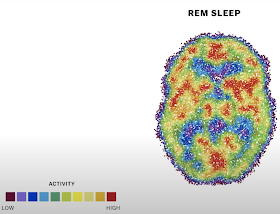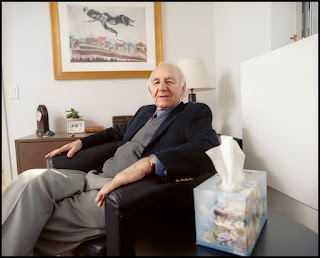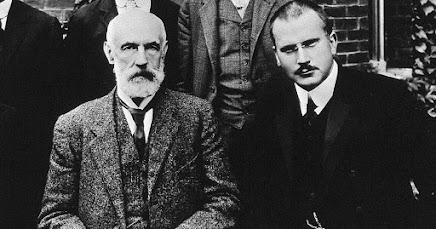Research Blog #10: Abstract and Works Cited
Abstract This research paper explores the déjà vu phenomenon in-depth and its relation to anxiety, while also explaining how certain factors can have an effect on an individual’s déjà vu experiences. To better understand the déjà vu phenomenon, this paper seeks to find the various explanations of why déjà vu occurs and looks at research on the déjà vu phenomenon to better understand how déjà vu can impact individuals as well as the unconscious mind. This paper sheds light on the harmful effects déjà vu can have on individuals with certain psychological disorders such as anxiety, and the possibility that their experience could be taken as a warning sign, proving that déjà vu plays a significant factor in an individual’s life. This paper further discusses the idea that the memory of dreams plays a role in déjà vu, meaning that déjà vu not only affects individuals while awake but also while asleep. Works Cited Brown, Alan S. and Elizabeth J. Marsh. “Digging into D...




